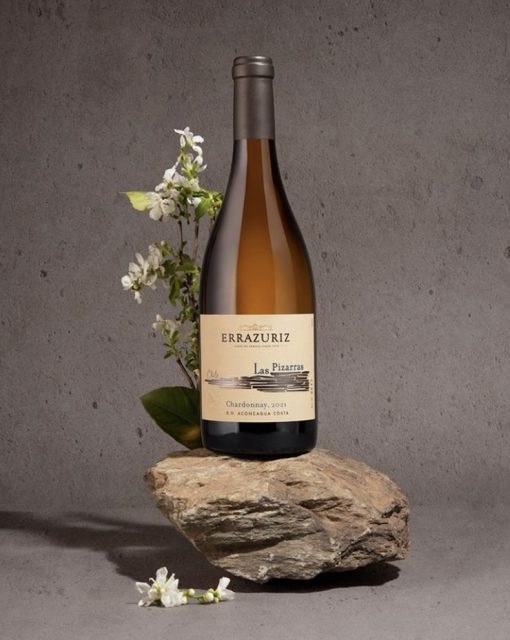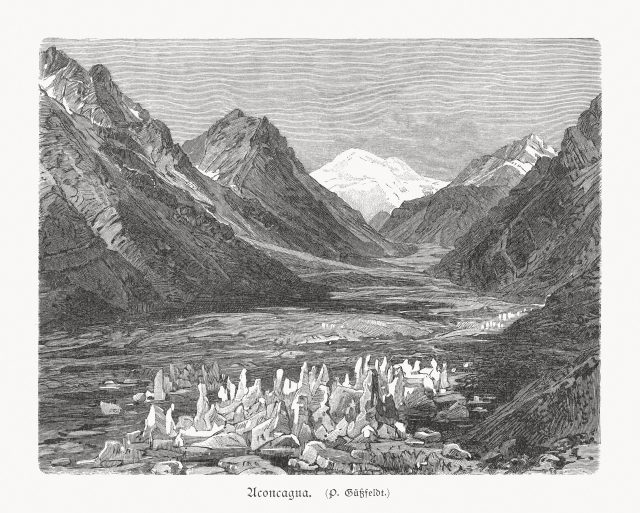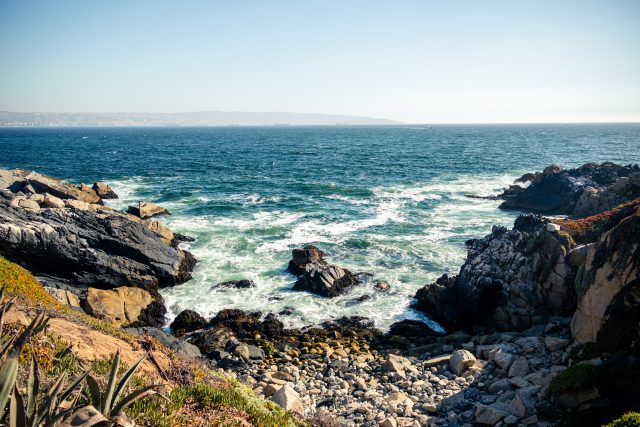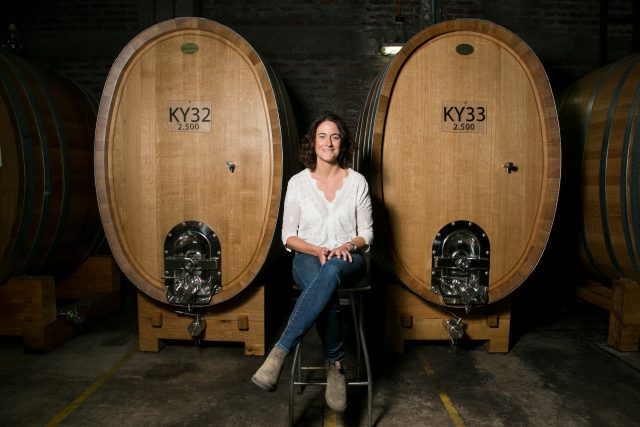This website uses cookies so that we can provide you with the best user experience possible. Cookie information is stored in your browser and performs functions such as recognising you when you return to our website and helping our team to understand which sections of the website you find most interesting and useful.
‘We don’t have to prove ourselves any more,’ says Viñedos Familia Chadwick
Eduardo Chadwick, owner of Viñedos Familia Chadwick, tells Sarah Neish about the next epoch for the group as he celebrates 20 years since the Berlin Tasting changed the fortunes of Chilean wine forever.

Two decades have passed since wines from Viñedos Familia Chadwick scored higher than their French and Italian peers in what would come to be considered the landmark Berlin Tasting. It was a pivotal moment in Chilean wine history as it informed the world, clearly and in no uncertain terms, that the South American country was capable of making incredibly fine wines that could compete with any of the old masters.
In an exclusive interview, Eduardo Chadwick tells db about the “tremendous change” that has taken place in Chilean wine since that transformational moment on 23 January 2004.
“Chile was the underdog of the wine industry,” he says. “We had to prove that we could extend our offering to terroir-based wines. It was difficult to get the message across, and we spent 10 years travelling the world to do so.”
The message started to stick. But most importantly, the wines belonging to the four producers underneath the group’s umbrella (Viñedo Chadwick, Seña, Errazuriz and Arboleda) spoke for themselves, and continue to do so today. The 2014 and 2021 vintages of Viñedo Chadwick both achieved a critic score of 100 points, signposting that the group’s quest for excellence has not slowed.
“We are in the game. We’ve entered the party,” says Chadwick. “We don’t need to do any more blind tastings to show where we are.”
Unquestionably, he says: “We belong to that category of fine, terroir-based wines.”

Looking ahead
The quality revolution that has taken place in Chilean wine over the last few decades has been well documented. So where does Viñedos Familia Chadwick go from here?
Chadwick describes the stylistic preference of the company’s winemakers as pursuing “finesse, elegance, acidity and freshness”, and adds that “we must keep on refining our wines to be even more precise.”
There are also important and necessary changes concerning the retention of water in the Aconcagua Valley, where Don Maximiano Errazuriz first put down roots in the late 1800s and where Familia Chadwick still calls home, which will impact winemaking in the coming years.
“The biggest challenge today is is how to retain water, as we have less rain in the valley now,” Chadwick explains.
Although Chile’s mountainous topography means that at certain times of the year snowmelt feeds into the local rivers, to be able to retain the quantity of water required to support viticulture “there needs to be investment” in things such as adequate reservoirs.
The extent of this investment is as long as a piece of string, depending on the infrastructure that the Chilean government is prepared to put in place. Issues such as whether this blueprint will also include drinking water for the population must also be considered, says Chadwick.
Currently, careful vineyard management is needed to manage water stores, as evidenced by the 2023 harvest in Aconcagua.
“The 2023 season was unusually warm, even more so than 2017 and 2020,” a statement from Errazuriz said. “The precision of our vineyard management was key to dealing with this warm season because the vines’ well-developed roots enabled them to take in sufficient water during the more demanding times of day. Ultimately, this meant the fruit was able to ripen well and remain in a good condition with excellent quality.”

Call of the ocean
The wine group has also dealt with the realities of a changing climate by planting additional vineyards much closer to the ocean.
“In the early days we had 10ha of vineyards on the valley floor,” says Chadwick, who explains that that the business has become “more adventurous” and is no longer planting purely inland. “Now, we have vineyards that are just 10km from the coast.”
Having mapped the Aconcagua valley extensively with the help of a Burgundian consultant, are there any surprises left to find?
“You never know. There is always room for more surprises!” Chadwick says.
The shapeshifting of the Aconcagua Valley, and the location of Familia Chadwick’s vineyards within it, has also led to a further exciting development for the wine estate.
On 14 March 2024, Errazuriz label Las Pizarras joined La Place de Bordeaux with three expressions; Las Pizarras Chardonnay 2022, Las Pizarras Pinot Noir 2022 and Las Pizarras Syrah 2022.
“It’s the first time that a cool-climate wine from Chile has been presented on La Place,” says Chadwick, speaking of the Chardonnay 2022, which he calls “a beautiful wine”.
The schist soil found in the Aconcagua Valley differs significantly from the sandy, loam, and clay soils found in other cool climate regions in Chile such as Casablanca, Limarí and Leyda, giving “a minerality and intensity” to the wine, which Chadwick likens to expressions of the variety from Burgundy.
Approximately 10,000 bottles of Las Pizarras are produced each year, and according to Chadwick “around 5,000 bottles, something like that,” have been allocated to La Place.
Through joining the French distribution network, Chadwick hopes to increase the wines’ presence in the Asia market.
“There is huge fertility for these wines in Japan, Korea and China,” he says.
In the UK the wines will continue to be distributed through Hatch Mansfield.

Generation game
The latest chapter for Viñedos Familia Chadwick has seen former Viña Carmen winemaker Emily Faulconer join, or as Eduardo Chadwick puts it “return”, to the business in the role of technical director, where she will work alongside Francesco Baettig, who remains as consultant.
“Before Carmen, Emily was already with us, so she has come home,” he says. “She is a very talented winemaker with a rare sensitivity, an amazing palate, and great personality and drive. I feel very confident, and very happy to see the progression of the next generation.”
This next generation also includes Chadwick’s four daughters – Magui, Mane, Pepa and Ale – who are joining the business this year.
It would seem, Eduardo says, “that women are the future”.

